Events in the year 2020 changed life in the U.S. in countless ways.
One change many of us experience directly is the shift to virtual work and school. Those aren’t the only things that shifted, though. Social contact, live music, and in-person events – from awards shows to graduations to conventions – now frequently occur on virtual platforms. But that list is incomplete. We also now use virtual medicine – known as telehealth – to visit our doctors for check-ups, consultations for minor illnesses, and appointments with therapists, psychiatrists, and counselors for mental health support and treatment.
This shift in mental health treatment from in-person to virtual begs the question:
Does virtual therapy work as well as in-person therapy?
A study published in June, 2020, in EClinical Medicine, the online version of the renowned journal The Lancet, attempts to answer this question. Study authors chose one treatment modality – cognitive behavioral therapy (CBT) – and compared the outcomes of in-person CBT with the outcomes of virtual CBT, which they call eCBT.
This article discusses that study – “A Comparison of Electronically-Delivered and Face-to-Face Cognitive Behavioral Therapies in Depressive Disorders: A Systematic Review and Meta-Analysis“ – and its implications for mental health treatment for the duration of the coronavirus pandemic and beyond.
About the Study
We choose this study because it’s a meta-analysis, which is a type of study that looks at the results of multiple studies on the same topic over time in order to draw big-picture conclusions. One study might say one thing, one study might say another, and yet another study might say something completely different. Meta-analyses seek to pool studies and inform the public on the current state of knowledge on a single topic, to date. In addition, this meta-analysis assessed data from randomized controlled clinical studies only. That means every study included had an experimental group and a control group, an experimental design that can determine causation rather than correlation. For a quick primer on the difference between correlation and causation, click here.
To learn about the results – and whether eCBT is more, less, or equally effective as CBT – read on.
The Results: CBT v. eCBT
Study authors focused their analysis on the treatment of depression. They assessed five different outcome areas:
- Symptom severity. Pooled data from 14 studies with a total of 1,136 participants showed that patients receiving eCBT had more reduction in symptom severity compared to patients receiving CBT. Researchers described the difference in symptom reduction between eCBT and CBT as moderate.
- Global functionality. This refers to how well a patient can participate in typical day-to-day life. Researchers pooled two studies with a total of 600 participants that included this measure. They reported no difference in global functionality for patients who received eCBT compared to patients who received CBT.
- Quality of life. Pooled data from three studies including 576 participants showed no difference in quality of life outcomes between patients who received eCBT and patients who received CBT.
- Participant Satisfaction. The three studies that included this measure reported no difference in participant satisfaction between patients who receive eCBT and patients who received CBT.
- Economic factors. Only one of the studies analyzed included a measure of this outcome. That study reported the total cost of participating in an eCBT course of treatment was about $500 less than participating in a course of CBT treatment. Because of various factors, researchers reported that their confidence in this estimate is low.
The primary takeaway from these results is that eCBT is as effective as in-person CBT. That’s an important piece of information for anyone seeking treatment for depression during the coronavirus pandemic, or anyone seeking treatment who cannot participate in face-to-face therapy for various personal reasons.
Virtual Therapy: An Effective Option
The authors of this study are clear in qualifying their analysis. Of the five outcomes studied, they concluded that eCBT was “at least as effective as face-to-face CBT.” In their summary discussion, they emphasize the need for more research to confirm their conclusions. What we want to emphasize in this article are the implications of these results with regards to expanding access to treatment for people with mental health disorders, particularly depression.
As an adolescent treatment center, we default to the position that in-person connection is an important element of treatment. One thing adolescents need is to feel seen and heard as they navigate the challenges of life. This study included adult participants only, and we’re curious to learn what further research reveals about eCBT for adolescents.
With that said, we’ll return to this idea of expanding access. In the absence of an in-person option, this study shows that eCBT can offer the support people diagnosed with depression need. It also identifies a number of advantages for people who currently face barriers to treatment.
Virtual mental health support can:
- Remove physical barriers
- Location becomes less relevant
- Access to transportation becomes less relevant
- Transportation cost becomes less relevant
- Mitigate time constraints:
- Simplifies setting appointments
- Reduces travel time
- Reduces overall time spent getting treatment
- Simplifies managing treatment and work schedules
- Alleviate prohibitive family considerations:
- Reduces childcare needs
- Allows flexible scheduling around family commitments
We advocate the use of any evidence-based tool that helps people with mental health disorders get the treatment they need. That’s why we think this study offers vital information about eCBT. It shows that those who deferred treatment for various reasons – structural, personal, or financial – have a new option. That’s a big deal because treatment works – and treatment can save lives.






